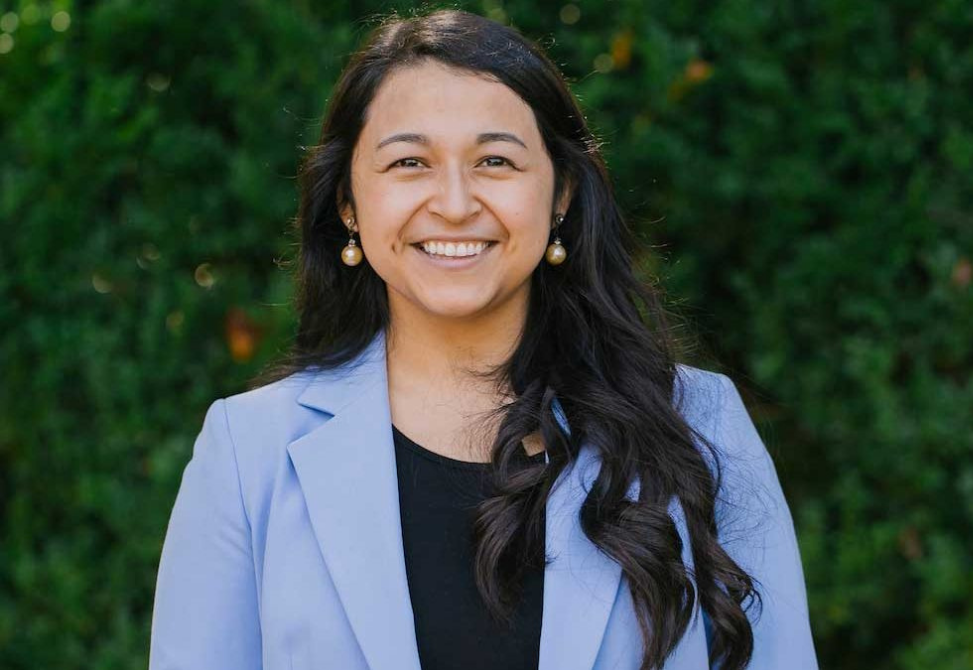March 01, 2021
What happens when a world-class education is accessed by a talented person who just happens to come from a low-income background?
Carolina Covenant alumna and first-generation college graduate Maribel Portillo Borger ’14 can answer that question.
Originally from Salisbury, North Carolina, Maribel majored in chemistry and global studies at Carolina and went on to obtain her PhD in chemistry from Florida State University. She is now an undergraduate labs supervisor and lecturer in the department of chemistry within the UNC College of Arts & Sciences.
On top of those successes, Maribel draws from her own experience as a Carolina Covenant Scholar and McNair Scholar to mentor the next generation.
“My own mentors believed in me and were consistently there for me. They helped set me up in a research group and get in the door to grad school. Now I’m unleashing the potential in these students’ lives,” said Maribel, whose cohort of eight mostly STEM majors range from first-years to juniors.
“Many of the students in my cohort come from a background similar to mine,” said Maribel. “I would say about 80% are from a Latinx background. It’s rewarding to pave the way for Latina women in STEM, particularly. I see them being encouraged by the efforts I put in and the title that I have, and that’s exciting.”
On top of her responsibilities as a labs supervisor and cohort mentor, Maribel recently accepted the position of co-director of the Undergraduate Rural Medical Project, a program composed of pre-med students from underserved rural populations within North Carolina who want to make a lasting impact within their communities.
The program — a partnership between the UNC School of Medicine and the Carolina Covenant Program — seeks to increase access to health care in rural North Carolina by increasing the number of students from rural North Carolina applying to and being accepted to the UNC School of Medicine.
“The program helps strengthen students’ opportunities as they become more knowledgeable about what rural medicine is and what’s happening in their own communities,” said Maribel. “Being from rural areas themselves and experiencing the gaps in health care, these students are more likely to want to serve underserved communities like their own.”
Eligible participants in the Undergraduate Rural Medical Project must be Carolina Covenant Scholars. These participants, and Maribel’s own experience, prove that when Carolina is able to attract the highest talent and the greatest diversity of views and backgrounds, all students benefit, not just Carolina Covenant Scholars. And with more than 85% of Carolina Covenant Scholars hailing from North Carolina, the impact these scholars have on campus reverberates across our state, nation and world.
“The Carolina Covenant helped me get to the position I’m in now. I was personally given so much; I feel like I have to do something to help others,” stressed Maribel. “I can relate to these students and their goals and can help them through issues and offer advice on different opportunities. That’s my job now, and this is what I’m doing — helping others succeed.”


